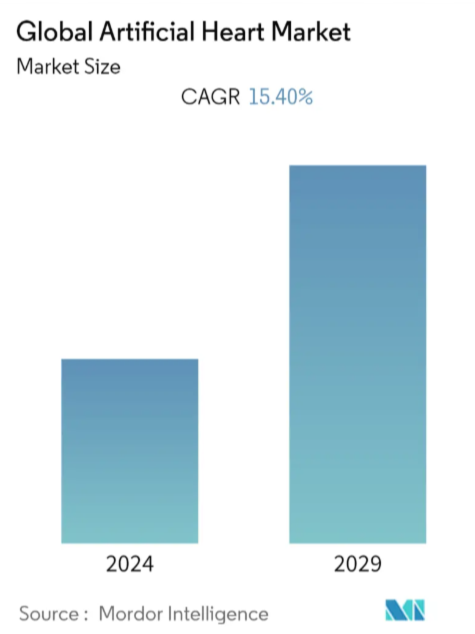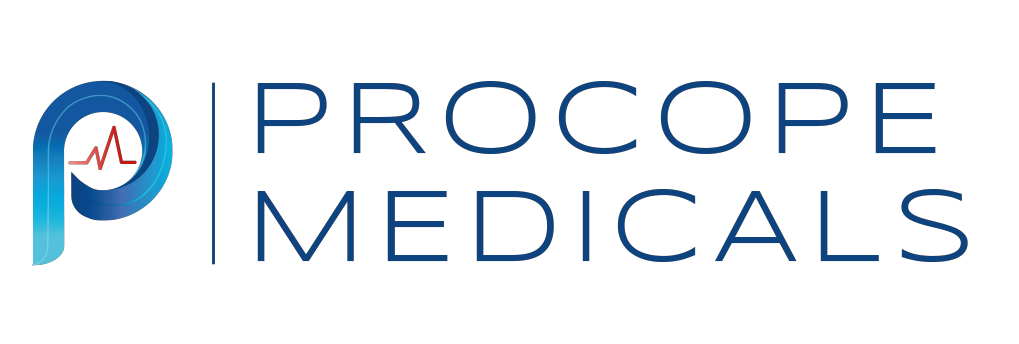Due to technological advances and the integration of digital technology, medtech is redefining the way patients are treated and healthcare professionals do their jobs. In France, this field is distinguished by strong R&D activity. However, despite its promise, it faces major challenges: Regulation, financing and market access.
Growth drivers in the medtech market
In 2020, the global medtech market was estimated at 140 billion euros, rising to 150 billion by 2023. Europe accounts for 27.6% of the medical devices market, compared with 41.6% for the USA. In France, 3,750 patents were filed in 2020, representing 26% of European patents, and 13% of French medtech companies are exclusively R&D-oriented.
Exports, in particular to the USA, China and Japan, underpin growth, with 95% of the sector made up of SMEs. In 2019, growth was up 10% on 2018. However, the sector faces challenges related to regulation, AI, and financing, while having to maintain a balance between innovation and human care.


The impact of medtech on healthcare
The acceleration of technological and digital advances in medtech is having a major impact on the healthcare pathway. Innovations in telemedicine (remote monitoring, home automation, connected homes, homecare, etc.) and connected objects (sensors, smart textiles, etc.) are redefining the relationship between patients and healthcare professionals. These devices enable more personalized care and facilitate access to remote medical consultations.
Artificial intelligence also plays a key role, notably through data analysis and machine learning algorithms, enabling better prediction of health risks. These innovations bring significant benefits, particularly in terms of accurate diagnosis and personalized treatment, improving quality of life for patients and healthcare professionals alike.
Focus on the artificial heart markets
Let’s focus now on the fast-growing artificial heart market: in 2023, it was estimated at $2.84 billion, and an increase of over 11% per year is forecast between now and 2030. This growth is mainly due to the rising number of cases of heart failure worldwide and the shortage of organs for heart transplants. Increasingly sophisticated medical devices are in high demand, particularly ventricular assist devices, which accounted for 77.4% of the market in 2023. In addition, destination therapies such as artificial hearts are generating the largest share of revenues.
Demographic projections by the World Health Organization (WHO), for example, indicate that by 2050, the world’s population will continue to grow, with the number of over-60s doubling to 2.1 billion and the number of over-80s tripling to 426 million. This demographic trend will further increase demand for devices such as artificial hearts to alleviate heart failure in the elderly.
While the global market is dominated by the United States, with companies such as Abiomed and BiVACOR, the impact of the Covid-19 pandemic has delayed the sector’s development, due to disruptions in supply chains and the accelerated ageing of populations.

Today, innovations in the field of artificial hearts show how medical technologies can meet today’s critical needs. The development of medtech is opening up new prospects for healthcare, improving both patient treatment and working conditions for professionals. In this context, Procope Medicals is positioned to continue innovating and contributing to the improvement of healthcare worldwide.
Sources :
https://www.grandviewresearch.com/industry-analysis/artificial-heart-market-report
https://www.noveka.org/wp-content/uploads/2022/07/2022-02-03_Panorama_MedTech_VF.pdf
https://itrnews.com/articles/197728/le-paysage-europeen-des-medtech-en-2023.html
https://www.kyomedinnov.com/impact-sante-numerique/
https://www.msdconnect.fr/innovation-sante/medtech/
https://www.swala.fr/articles/medtech-un-marche-florissant-24-4-2023/
https://www.mordorintelligence.com/fr/industry-reports/global-artificial-organs-market-industry
https://www.businessresearchinsights.com/fr/market-reports/total-artificial-heart-market-102109
